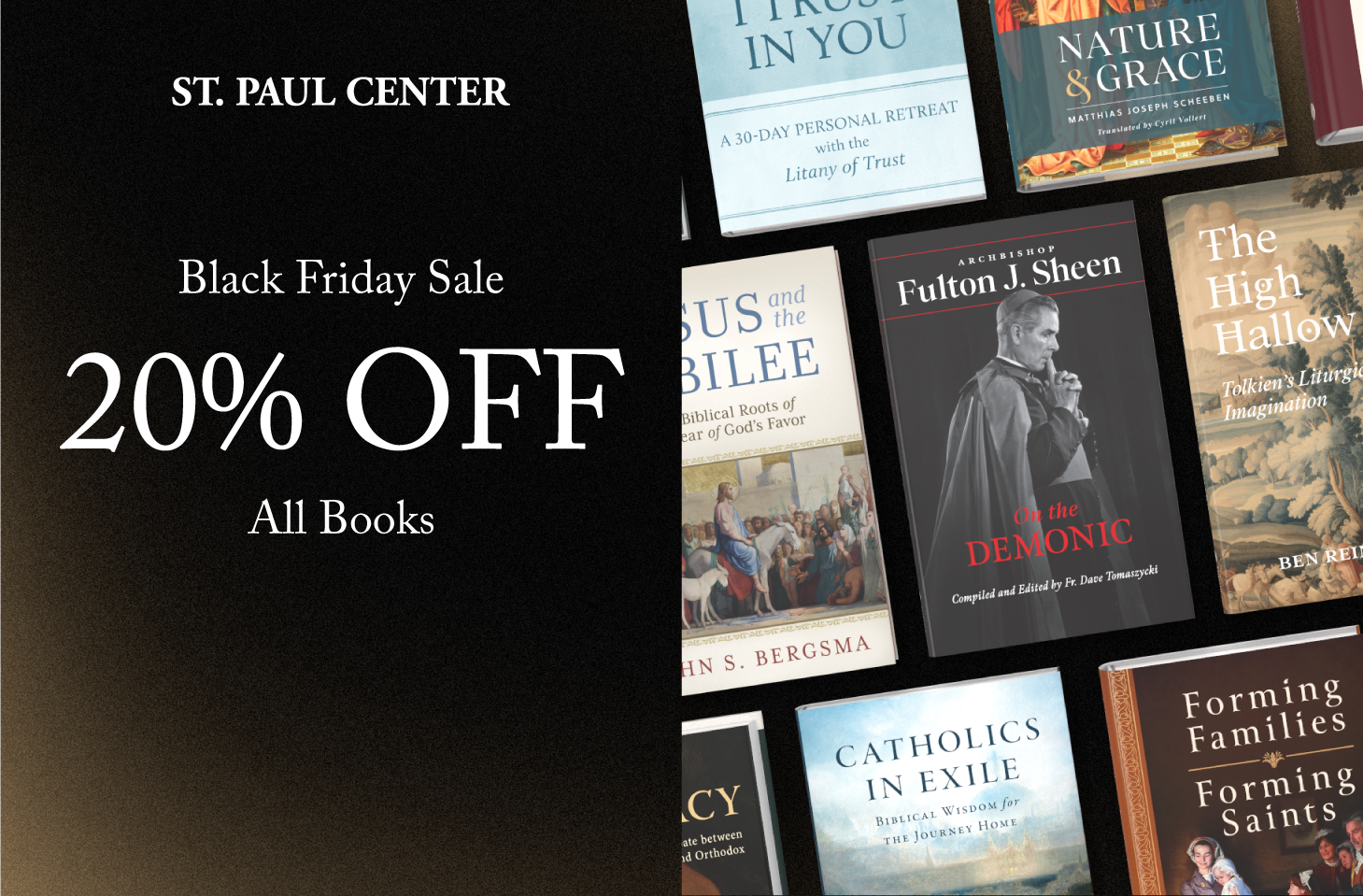
The following is from Scott Hahn’s latest book, The Creed: Professing the Faith Through the Ages, now available through Emmaus Road Publishing.
Gregory of Nyssa, both brilliant and holy, was recognized by his contemporaries and peers as a man who most perfectly embodied the Council of Constantinople—the council that produced the creed we call “Nicene” and recite every Sunday. The Emperor Theodosius decreed that communion with Gregory was a necessary condition of orthodoxy. As the council ended, the Fathers appointed Gregory to travel extensively promoting the formulas of the creed in places where controversies had arisen.
While in Constantinople, he complained about the condition of the city’s faith. It’s not that the people weren’t interested, he noted. In fact, they pursued their interest in theology with impressive ardor. Everyone seemed to know the Scriptures, and everyone seemed eager to interpret them. But their interpretations veered wildly because the people held themselves accountable to no authority. Gregory complained:
Mere youths and tradesmen are off-hand dogmatists in theology. Servants, too, and slaves that have been flogged. . . are solemn with us and philosophical about things incomprehensible. . . . If you ask for change, someone philosophizes to you on the begotten and the unbegotten. If you ask the price of bread, you’re told the Father is greater and the Son inferior. If you ask if the bath is ready, someone answers that the Son was created from nothing.
Gregory’s mission was to remedy this situation. His method was the creed.
His mission was needed and essential. If Jesus had wandered into the market and asked his haunting question, “But who do you say that I am?” (Matthew 16:15), he would have received many different answers. Most, it seems, would seem quite flattering if applied to mere mortals like you and me, but they would be wrong if applied to God incarnate. And wrong answers about Jesus all come with terrible implications: errors about God, about salvation, and
about every dimension of human nature. Christ, after all, is the only one who, the Second Vatican Council taught, “fully reveals man to man.”
If we don’t get the creed right, we don’t get Jesus right. And if we don’t get him right, we don’t get anything right.
—From Scott Hahn’s new book, The Creed: Professing the Faith Through the Ages.

